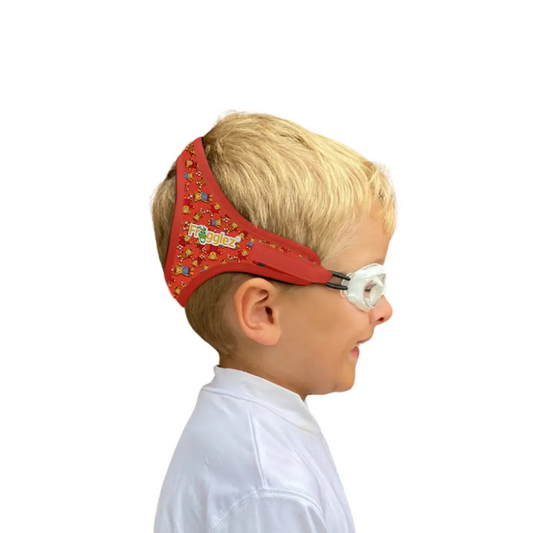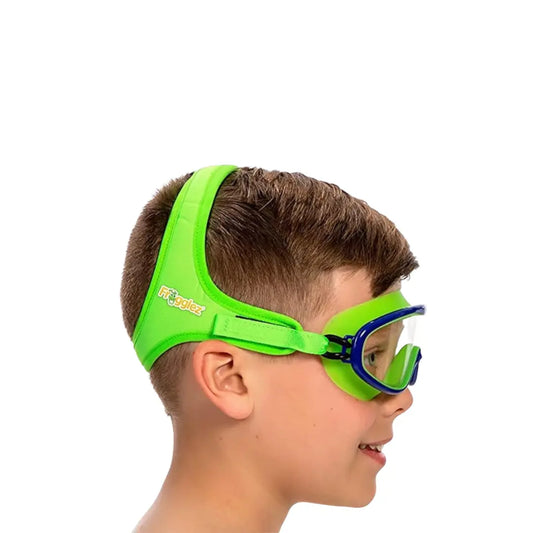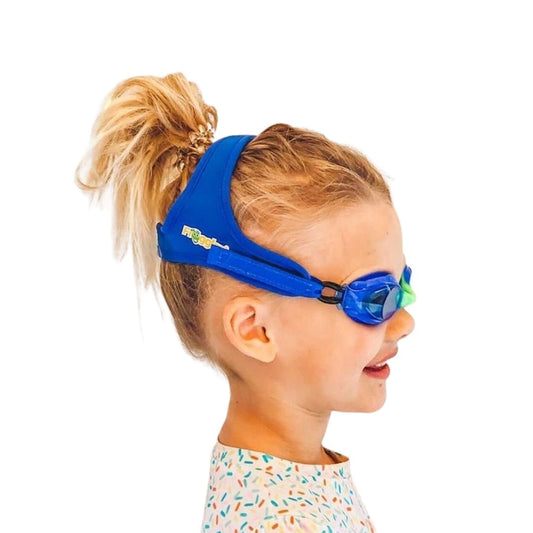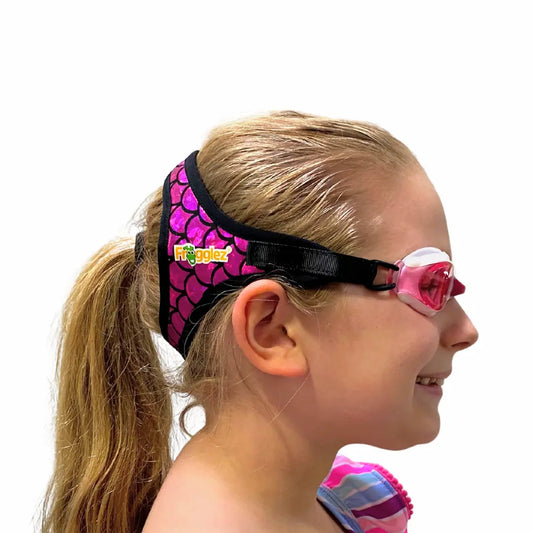Like adults, babies and toddlers vary in their ability to handle new situations. Some hold back and observe before participating; some jump right in. Literally. The perfect swim instructor varies from child to child. That being said, your best friend’s recommendation might not be the perfect fit for your child. Describe your child when signing up and ask for the best fit. Or, if your swim facility offers the option, sit and observe a few lessons before requesting an instructor.
How should a swim instructor interact with my kid?
Sure, it’s helpful if a swim instructor can explain your child’s progress, but what you really want is a child whisperer. Whether it’s a learned trait or instinctive, some people know how to read children. They take cues from kids’ facial expressions and body language and know how to appeal to them. For example, when teaching a child who is reluctant and reserved, the swim instructor adjusts the lesson to appeal to a quiet, contemplative learner.
It goes without saying that children respond better to a smiling face and enthusiasm. Infants and small children rely on facial expressions to interpret intent and can tell when an instructor enjoys their job. A friendly, smiling face reassures the reluctant and encourages the adventurous ones. More than that, you want a teacher willing to immerse themselves in the imaginative world of the child and embrace it as a tool for teaching.

What makes infant swim lessons different from regular swim lessons?
Swim classes for babies aren’t lessons; they’re a way to have fun and get comfortable playing in the water. Like any type of play, splashing around engages their brains and muscles. Water safety and infant classes rely more on child development than swimming skills.
Babies and toddlers can’t always communicate with words, but their faces and bodies are an open book. Good swim instructors use developmentally appropriate lessons, and are willing to adjust them when the situation requires. For example, instructors should distract babies with mirrors or toys if they’re acting distressed, or consider using swim goggles for kids with sensory issues such as Frogglez. Look for age-appropriate expectations for concepts like remembering rules, waiting their turn, and staying engaged!
The American Academy of Pediatrics (AAP) supports swimming lessons for one-year-old children who show signs of readiness and are frequently exposed to water. Consult your pediatrician if you have questions about your child’s developmental readiness and prepare them at home with a few fun games.
Why is quick thinking one of the most important characteristics of successful swim instructors?
Children don’t have the cognitive skills to regulate their moods, so it’s normal for them to feel happy one minute and upset the next. Simple factors like lack of sleep, fear of the water, and teething pain can throw them off for a whole day.
Since a child’s mood has a huge effect on how engaging they are with others in the class, a good swim teacher should know how to pivot the lesson when things don’t go as planned. Great instructors can calmly and creatively adjust the lesson rather than forging ahead when current plans aren’t working. They’ll use different methods to encourage learning instead of repeating the same thing over and over. Swim instructors who are able to adapt and think on their feet are the ones who will best work with children, keeping them engaged and happy.

How to look for a swim instructor that is a good fit for your child?
No matter how many people recommend an instructor, your child might not hit it off with that person. That’s normal. Ask the swim school about their instructors and describe your kid’s personality to see if they can recommend a good match. If your child has special needs or struggles with certain situations, observe a few lessons to see how instructors relate to different children.
Enrolling your children in swim lessons is worth the trouble even if you have to switch instructors a few times. Studies show that swim lessons lower a child’s risk of drowning by as much as 88% and that kids taking swim lessons are about six months more advanced than their peers!







